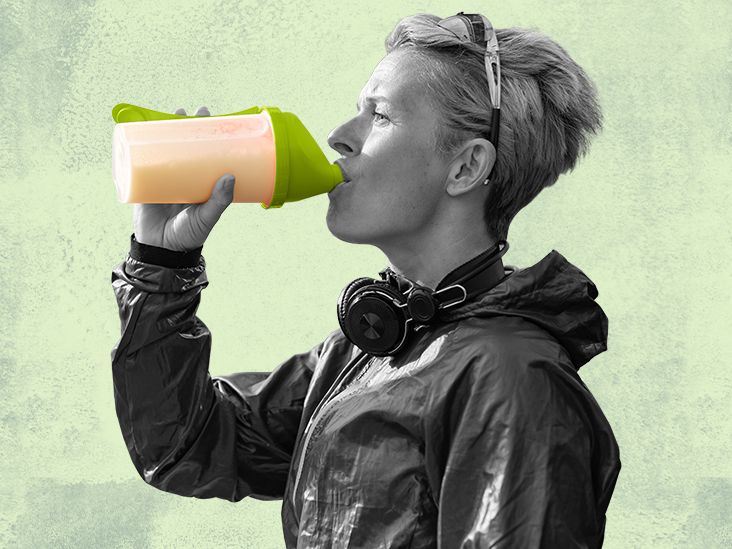Creatine has become a trending supplement in recent years, especially among women who are curious about its benefits for health, fitness, and overall well-being.
While creatine is often associated with bodybuilding and men, recent research shows that it can be beneficial for women in various stages of life. Here’s a breakdown of what women need to know about creatine supplementation.
What is Creatine?
Creatine is a compound derived from amino acids such as arginine, methionine, and glycine.

About 95% of the creatine in your body is stored in muscles, with smaller amounts in the brain, heart, pancreas, and testes. The body produces about half of the creatine it needs, while the rest must come from diet or supplements.
Foods like herring, beef, pork, and salmon are rich in creatine, but studies show that many individuals still lack adequate creatine, making supplementation a popular option.
Creatine plays a vital role in muscle energy, contraction, and recovery, particularly during exercise. Recent studies suggest that it may also have benefits for brain health, mental well-being, and athletic performance.
Should Women Take Creatine?
According to Yasi Ansari, a registered dietitian and spokesperson for the Academy of Nutrition and Dietetics, creatine supplementation can be beneficial for women of various ages and fitness levels, from athletes to those with lower activity levels.
However, she explains that creatine isn’t strictly necessary for everyone, as the body can make it from protein-rich foods.
While creatine supplementation can be helpful for women with specific health and fitness goals, it is typically recommended based on individual factors such as age, medical history, and activity level. For women aged 65 and older, creatine can help prevent muscle loss, especially when paired with resistance training.
Benefits of Creatine for Women
- Muscle Health: Women store less creatine than men due to factors like muscle mass, hormones, and dietary habits.

As women age, particularly after 30, muscle mass decreases, and fat often replaces muscle. This leads to an increased risk of chronic conditions like Type 2 diabetes and heart disease. Creatine supplementation can help combat this by boosting muscle strength and recovery.
- Reproductive Health: Research shows that women with higher creatine stores may have more regular menstrual cycles, which can potentially benefit fertility and reduce reproductive disorders.
- Mental Health: Estrogen changes can affect mental health, increasing the risk of depression and cognitive decline. Creatine supplementation may improve mental well-being, with studies showing a link between creatine and lower depression levels, as well as potential benefits for memory and cognition.
- Fatigue: Creatine may also help reduce fatigue caused by sleep deprivation, making it useful for women who experience sleep disturbances.
Benefits of Creatine for Women

While creatine is generally safe for many individuals, there are some potential risks, especially when taken in high doses. Common side effects include:
- Water retention
- Gastrointestinal distress
- Muscle cramping
- Dehydration
Some side effects are more likely with larger doses or hot environments.
Who Should Avoid Creatine?
Creatine supplementation is not recommended for individuals with certain medical conditions, including:
- Kidney or liver disease
- Diabetes
- Pregnancy or breastfeeding
- Bipolar disorder
As always, it’s best to consult with a healthcare provider before starting any new supplement.
How to Take Creatine
Creatine supplements come in various forms, including powders, pills, and liquids. The most common form is creatine monohydrate. The typical dosage for women is around 3 grams per day, with a loading phase of higher doses for the first few days. To avoid gastric distress, taking creatine with food may be helpful.
today


